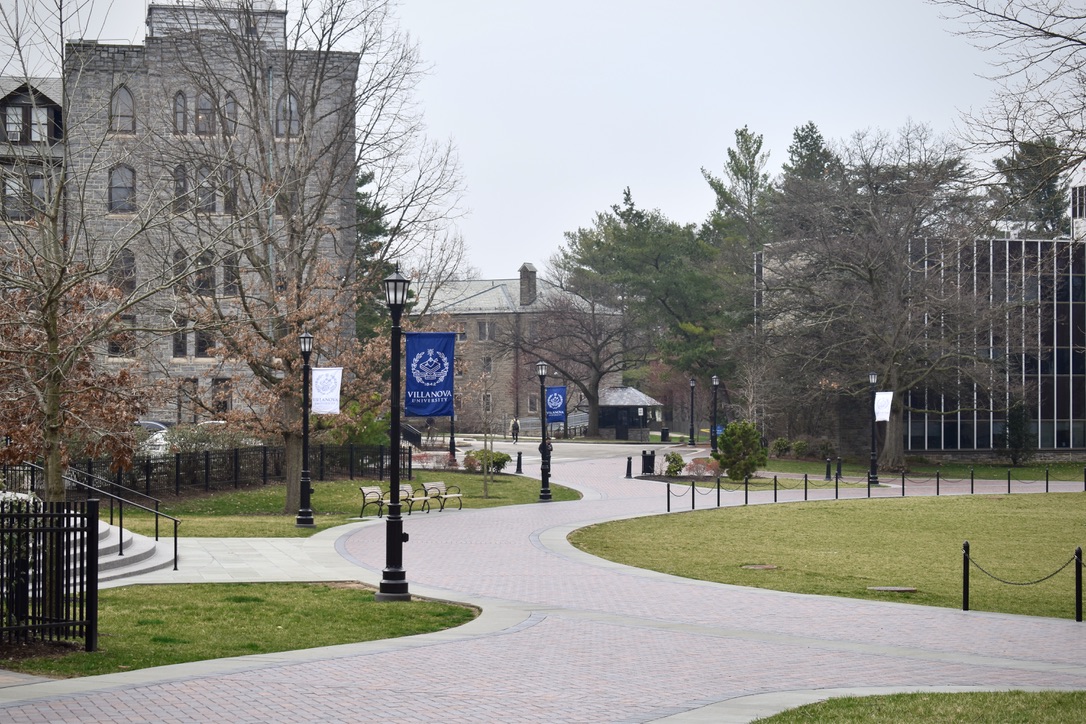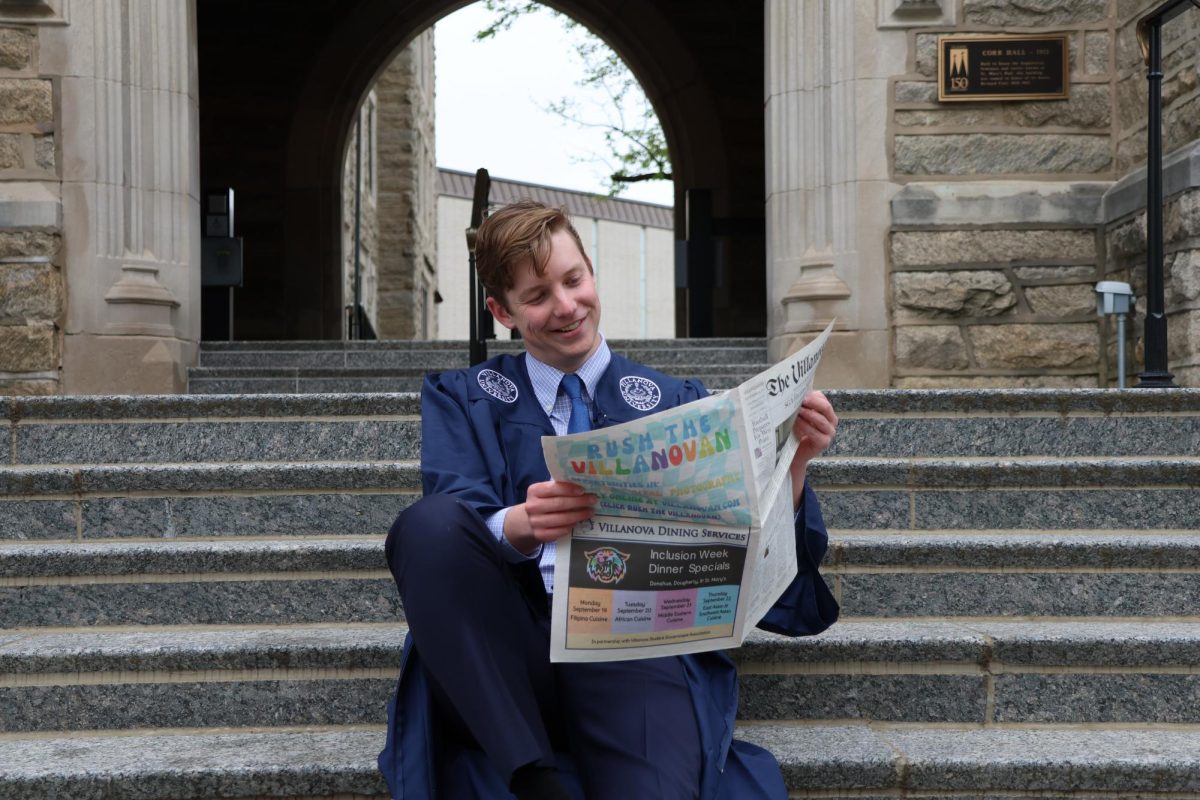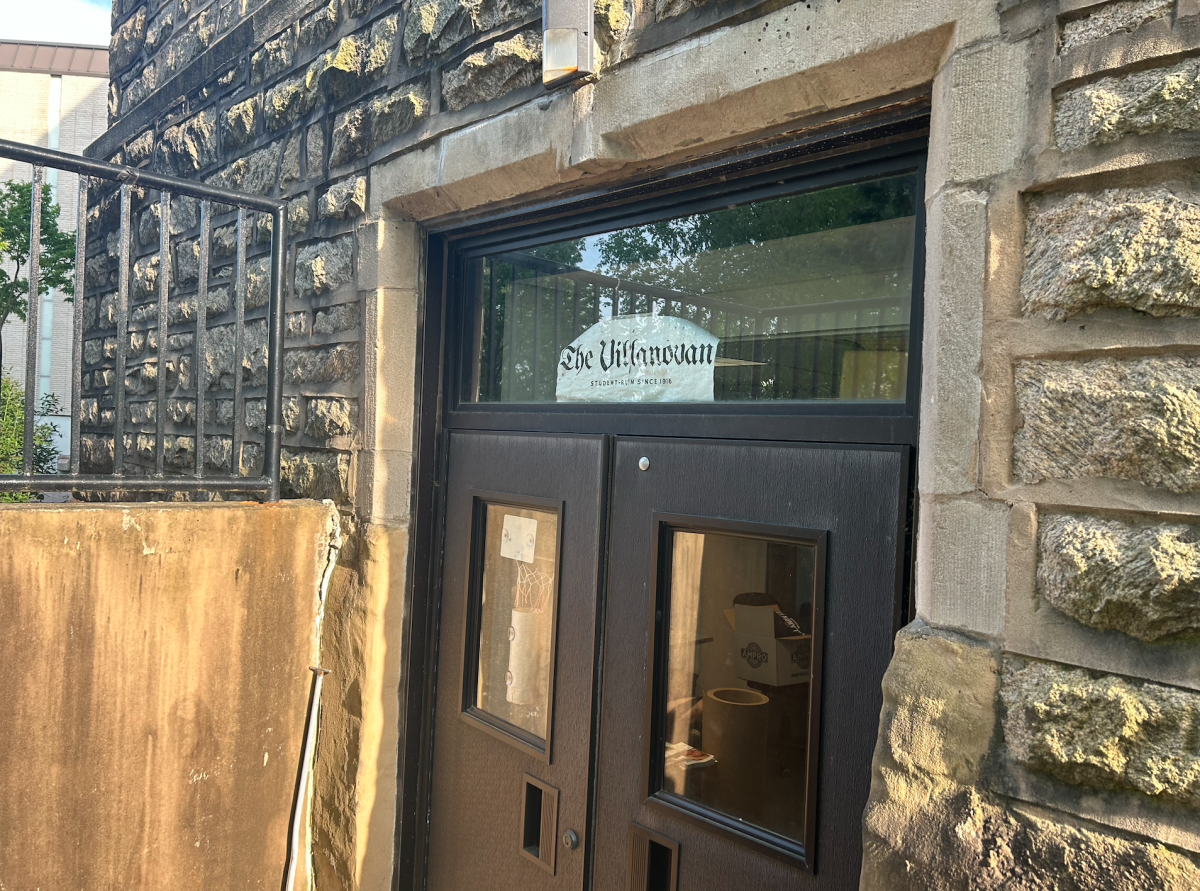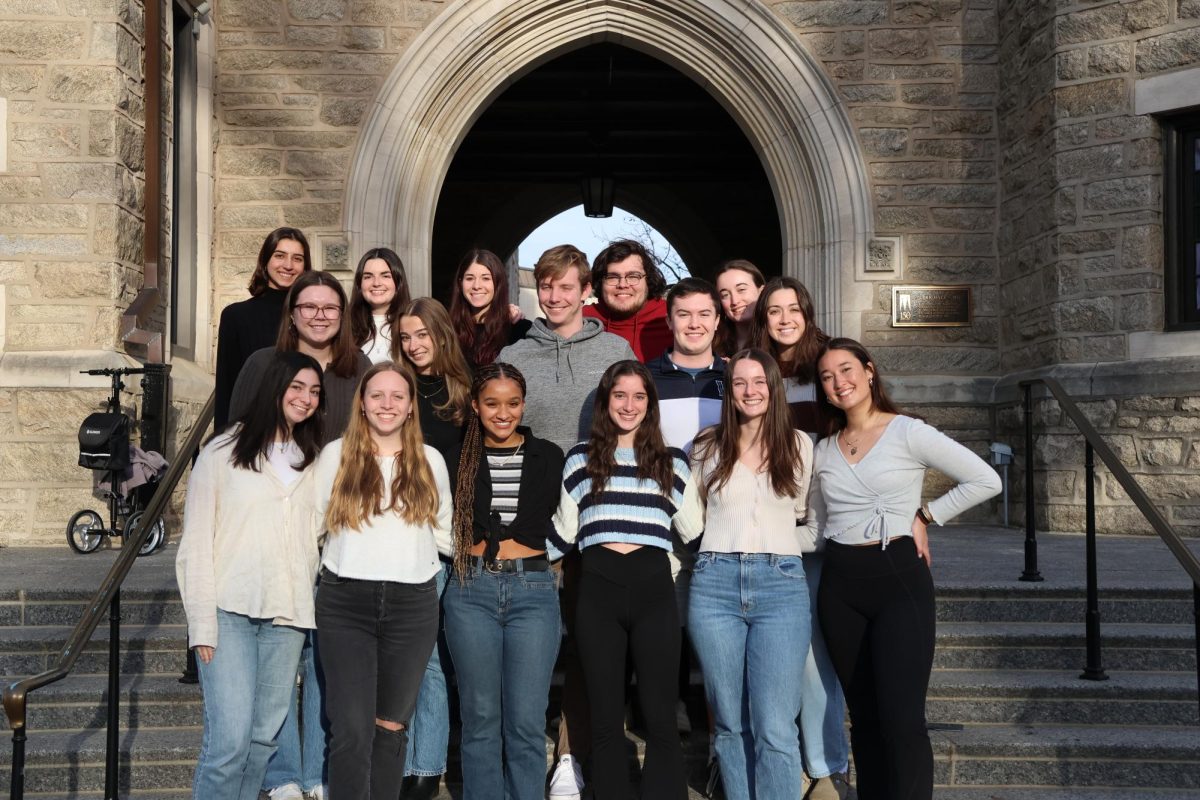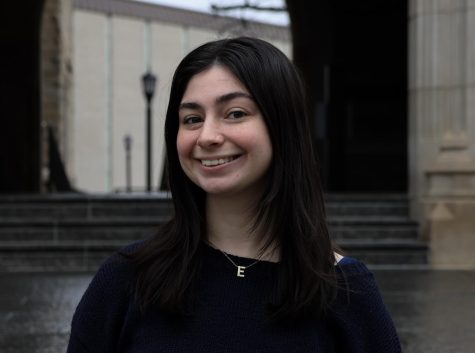Anyone who is a student in the College of Liberal Arts and Science (CLAS) at Villanova is well aware of tales of students frantically changing their schedules or stressing about course credits. There have been far too many instances of students not being notified of correct major requirements, being told that they might not graduate on time or having to drop a major or minor due to miscommunication. Something must change; the advising program is not working in its current form. The following advising horror stories, the sources of which are kept anonymous to preserve both student and professor identities, serve to show this purpose.
Many students feel frustrated by their advisor’s lack of expertise on their curriculum. When these students turn to advisors for help, their inquiries often go unheard or unanswered. Sometimes, out of frustration, students simply feel like they have to seek out the chair of the department directly, rather than going to their assigned advisor.
“Whenever I have a question about my course requirements, I usually just ask the chairs of the department,” a CLAS student, who requested anonymity, said. “It feels like they are able to answer my questions much better than my advisor, who usually directs me to the chair, anyways.”
However, this lack of expertise on behalf of the advisors often lends its way to serious issues. While some students are savvy enough to relay their questions to a higher power, those who fail to do so risk their ability to graduate with their intended major. Another CLAS student discussed how the inefficiency of CLAS advising nearly cost them the ability to graduate.
“As a senior, I have been frustrated and disappointed by Villanova’s advising,” the student, who requested anonymity, said. “I had four advisors, a new advisor every year, and it was a great disservice to me. I had taken a number of unnecessary classes that did not count towards my major or minors, though I was advised that they would. If I had not asked other students and reached out to earlier advisors, I would not have graduated.”
The same student described how their advisor was not equipped to help them in this situation.
“This past semester, an advisor had said that they could not help me and that I should ask Dean Lindenmeyer, without offering any other advice or support,” the student said. “It was stressful, and I hope that advisors in the future are better equipped to support students.”
Another CLAS senior shared how they, too, experienced the risk of not graduating under the false pretenses of their advisor.
“As a second-semester senior, I was told by my advisor to come by for a quick meeting just to make sure everything looked good on my transcript for graduation,” the student said. “I have 149 credits, two minors and have taken a summer class every year in college. So, I went into this meeting prepared to check some boxes and be on my way. What I didn’t expect was to be told that I may not be able to graduate just two short months prior to graduation. Unbeknownst to me, CLAS has a rule that the last 30 credits of your major must be taken at Villanova. As was my practice in all years prior, I took a summer class before senior year through another university. This was approved through OUS. However, that meant that my last 30 credits of my major were not taken at Villanova and I was 3 credits short of fulfilling this rule, which I was unaware of.”
The student described what happened when they became notified of this rule at last minute’s notice.
“Had I become aware of the rule prior to three-quarters of the way through my senior year, I gladly would have taken an extra class Fall or Spring Semester to fulfill this requirement,” the student said. “However, it was too late and the only option I was given by OUS to get this fixed was to petition the dean. After reaching out to the dean, I was told to overlook the rule. Yet, I had still felt stripped of four years of hard work and dedication, and I felt abandoned and overlooked by a school that I adore.”
Ultimately, the system right now is not working. Professors should not be forced to advise when they are too busy with their classes, outside research and personal lives. They only have so much time on their hands, and many cannot give this role the attention it needs.
Even those who have found themselves in unfortunate academic situations do not blame the professors, but rather, the system. The same CLAS senior who almost fell victim to the 30 credits rule even emphasized this sentiment.
“I have had great relationships with my CLAS academic advisors, and I have zero doubt they are doing the best they can with the hand they have been dealt,” the student said. “I think people fail to realize that unlike the business school, CLAS advisors are not solely academic advisors. Every advisor I have had has been a professor teaching multiple classes and conducting their own research lab. Overloading professors with duties and titles inevitably leads to situations like mine and, surely, many others.”
Given the amount of tuition the average Villanova student spends to further their academic career, advising must be given the time and attention it needs to help students. The solution is simple. Professors should not be forced to be advisors. CLAS needs separately-hired advisors who are willing to familiarize themselves with the course requirements, and to get to know the students they are advising on a personal level. Whether it follows the model of the business school, or finds a new formula, CLAS advising needs to shift to a more targeted, student-oriented focus, and change the way it is currently run. Only then can the advising program become beneficial to both CLAS professors and students.


